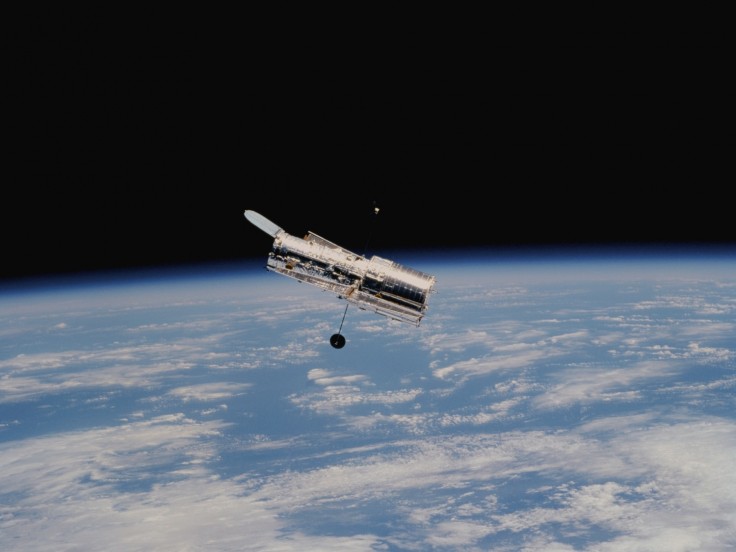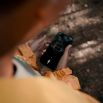
NASA's Hubble Space Telescope might have clearly been showing its age after 31 years of service snapping breathtaking images of faraway galaxies and celestial bodies. According to latest reports, its scientific instruments have remained on safe mode after a payload computer malfunctioned last June 13.
But that does not mean it would stop doing its job.
NASA Hubble Space Telescope Pictures: NGC 3254 Spiral Galaxy
On Friday, June 18, the Hubble Space Telescope sent back images of the spiral galaxy NGC 3254, which NASA shared on its website and the Hubble Twitter account. The galaxy was observed using the Hubble's Wide Field Camera 3 (WFC3), which can detect ultraviolet, visible and near-infrared light.
NGC 3254 looks like a typical spiral galaxy, viewed side-on. However, NGC 3254 has a secret hiding in plain sight – it’s a Seyfert galaxy.
— Hubble (@NASAHubble) June 18, 2021
Seyfert galaxies have cores that release as much energy as the rest of the galaxy put together: https://t.co/w7wYLkFwWn#HubbleFriday pic.twitter.com/2ovjZxpXnw
The NASA image is a composite of WFC3 observations on visible and infrared, the U.S. space agency said. NASA further characterized the NGC 3254 as a Seyfert galaxy, which are a type of galaxies that have "extraordinary active cores called an active galactic nucleus that release as much energy as the rest of the galaxy put together."
Seyfert galaxies comprise 10 percent of all galaxies "that have super massive black holes at their centers accreting material, which releases vast amounts of radiation," NASA further said. Active cores of Seyfert galaxies, such as NGC 3254, are brightest when "observed in light outside the visible spectrum."
NASA Hubble Space Telescope Shut Down: Still on Safe Mode
Astonishing images of NGC 3254 were taken by the Hubble Space Telesecope even as the scientific instruments were still on safe mode, Cnet reported. After failing to restart the instruments in a number of attempts, the Hubble operations team, NASA said "will be running tests and collecting more information on the system to further isolate the problem."
Despite this, however, the "telescope itself and the science instruments remain in good health."
NASA previously reported that the payload computer stopped working on June 13. Initial suspicions said a degrading memory module in the computer, which was built in the 1980s, caused the malfunction. However, when the operations team tried to shift to the backup memory module, the command to restart the instruments failed.
Another attempt was made on both modules to further diagnose the problem while trying to bring the modules online, Business Insider reported. NASA said those attempts were not successful.
NASA Hubble Space Telescope: Malfunctioning Payload Computer Specs
The payload computer is a NASA Standard Spacecraft Computer-1 (NSSC-1) system built four decades ago and situated at the telescope's Science Instrument Command and Data Handling Unit. This computer was designed to monitor and coordinate the science instruments and assure their safety and good health.
A backup system exists to achieve full redundancy, with both computers able to access and use any of the four independent memory modules, each having 64k of Complementary Metal-Oxide Semiconductor (CMOS) memory.
Hubble has undergone several technical glitches in recent years, with a software error sending it to safe mode in March, Cnet added.
Despite these glitches, Hubble remained resilient and worked through the years as scientists wait for the much-delayed next-generation James Webb Space Telescope to take over Hubble's storied legacy.









